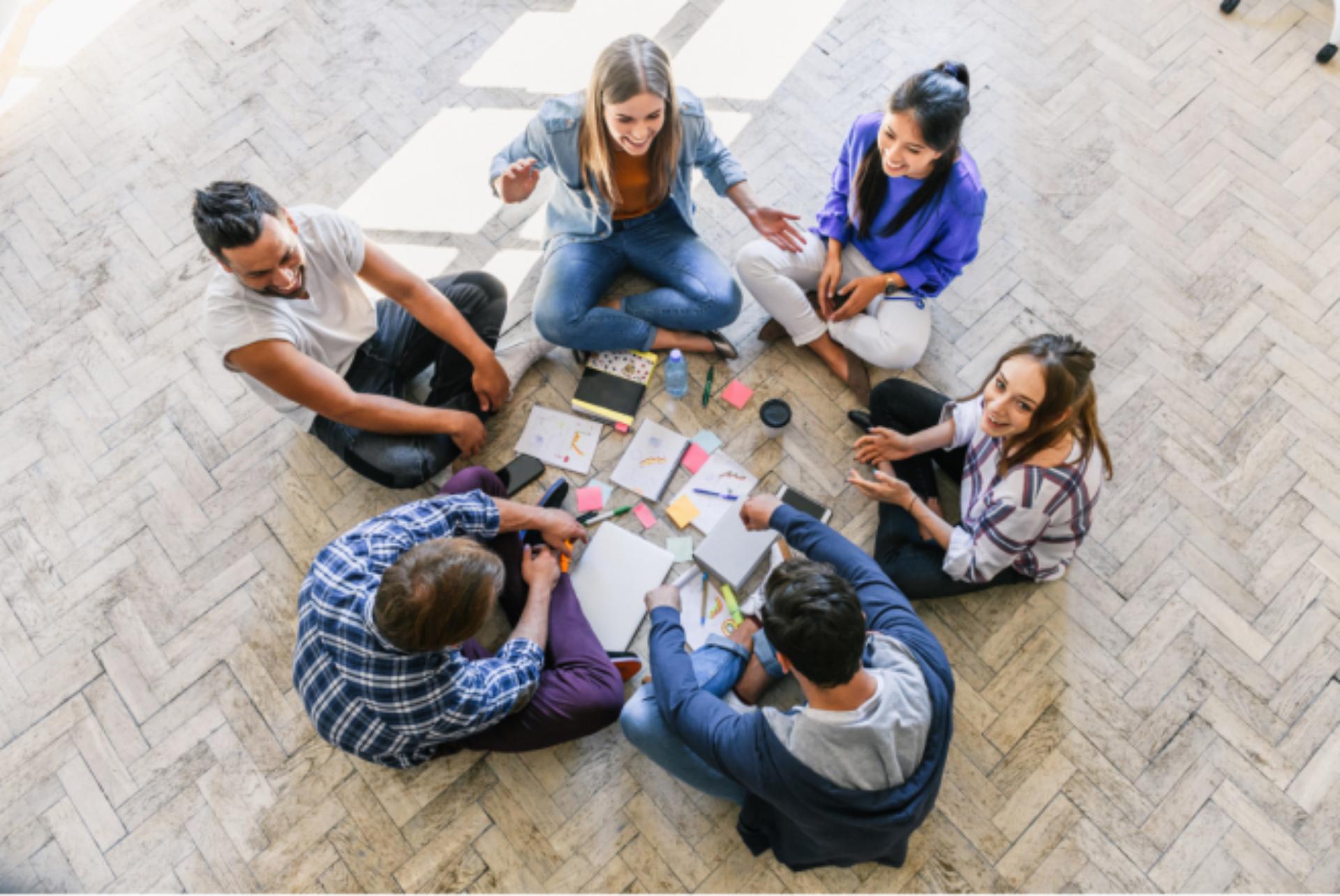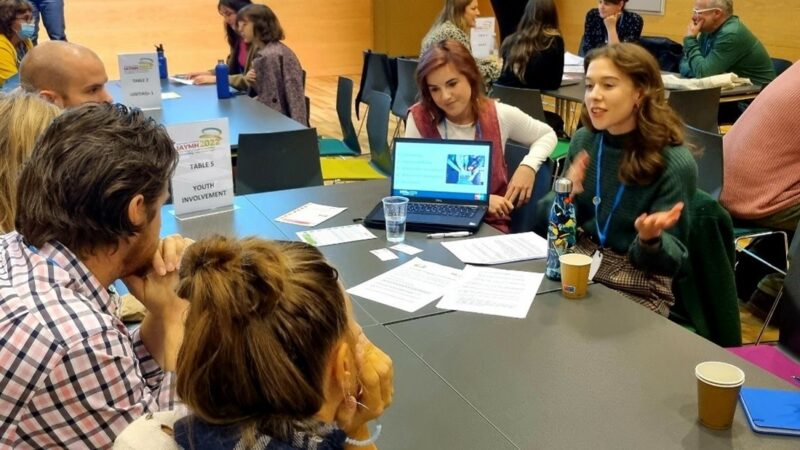Project overview
This project is a collaboration between The University of Birmingham, its Institute for Mental Health and their Youth Advisory Group (YAG), and The McPin Foundation’s own Young People’s Advisory Group (YPAG).
We aim to improve involvement of young people and move towards a youth-led approach in mental health research. Through scoping work, workshops with experts and young people, and community engagement, we will review current best practices in youth involvement, put them into practice ourselves, and share what we learn in the form of best practice guidelines.
Project details
Involving young people with lived experience of mental health issues in relevant research projects is a priority at both McPin and the University of Birmingham Institute of Mental Health. It empowers young people to have a say about the research that affects them, and shapes the research to have the best possible impact in the real-world.
However, involvement of young people in mental health research can sometimes be a challenging process. We are yet to fully understand the barriers young people face and the support they need to enable them to take up involvement opportunities in mental health research.. It is also hard for researchers to get the power dynamics right and ensure they are involving young people in the best ways throughout the research cycle.
We hope that through this work we can involve and empower more young people. We want to ensure that we are hearing from communities that have previously been underrepresented but are often the most impacted.
It is also an opportunity for us to get creative and try new things to engage and involve young people and other communities in the most meaningful ways possible. We are also interested in how we might move from ‘youth involvement’ to a youth-led approach. Young people take the lead on the work, with training and development to ensure they have the skills to feel confident in such roles.
Best practice guidelines are a set of the best ways of working, known to produce the best outcomes if followed. They will be an important resource for researchers, youth involvement leads and young people to ensure that youth involvement and youth-led work us done well – it is inclusive, safe and meaningful.
Early scoping work and workshops held with the UoB YAG to discuss current practices in youth involvement and how they could be improved identified five priority themes for the best practice guidelines:
- Inclusivity, Intersectionality and Increasing Diversity
- Creating Safe Spaces
- Continued Engagement
- Training and Development
- Transition from “Youth” to “Adult” Spaces
In joint meetings between the UoB YAG and McPin YPAG, YAG members will lead presentations and reflections on the above, allowing further discussion of the best practice guideline themes with the YPAG. Following this, we will form best practice guideline working groups for each theme, in which YAG and YPAG members will co-facilitate further scoping work, workshops with experts and other young people, as well as community engagement, bringing together as many youth voices as possible. This work will cumulate in a youth-led engagement event showcasing the best practice guidelines and the impact a youth-led approach can have on mental health research.
Throughout this work, contributing to the youth-led approach, we will also identify training and development opportunities for YAG and YPAG members, such as attendance and presentation at the International Association for Youth Mental Health (IAYMH) 6th International Conference in Demark, Copenhagen.
For more information please email [email protected] or visit our Young People’s Network page for information about joining the network.
Visit the University of Birmingham Institute for Mental Health.
You can also take a look at our three infographics from the project here:
Project resources

Centring young people in mental health research: youth-led approach

Centring young people in mental health research: creating safe spaces

Centring young people in mental health research: ensuring diversity & inclusivity
Related blogs
Related projects
Work with us
We are always excited to hear from others who want to collaborate on mental health research. From delivering peer research to helping you with public involvement strategies and providing training, get in touch to chat.






